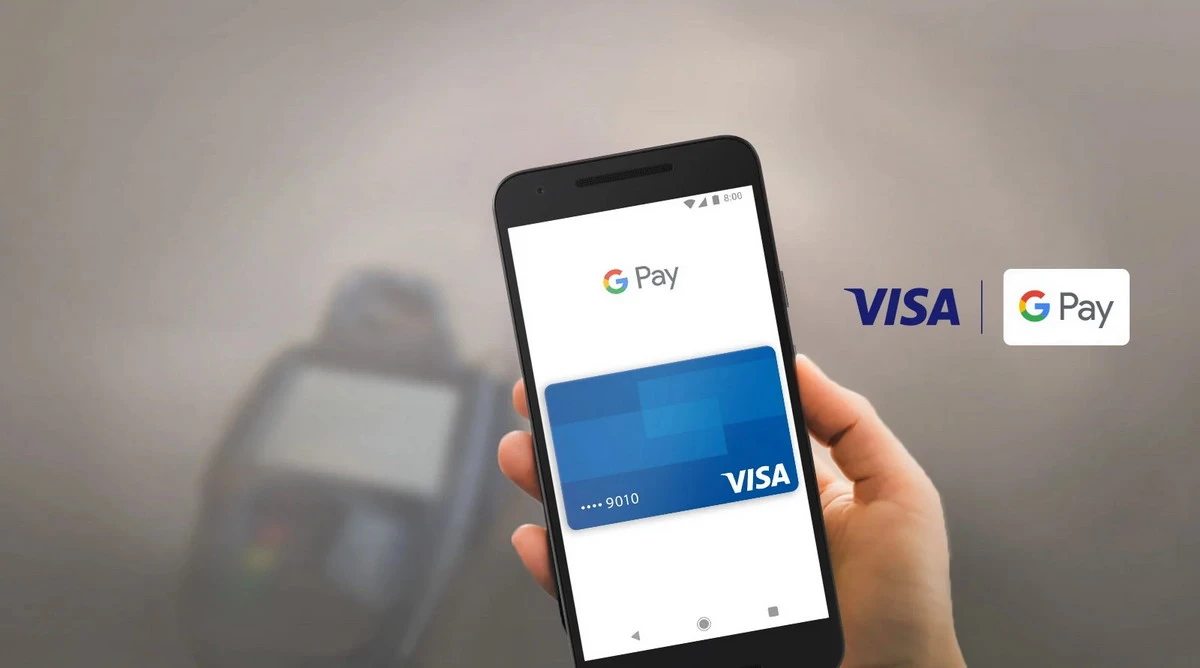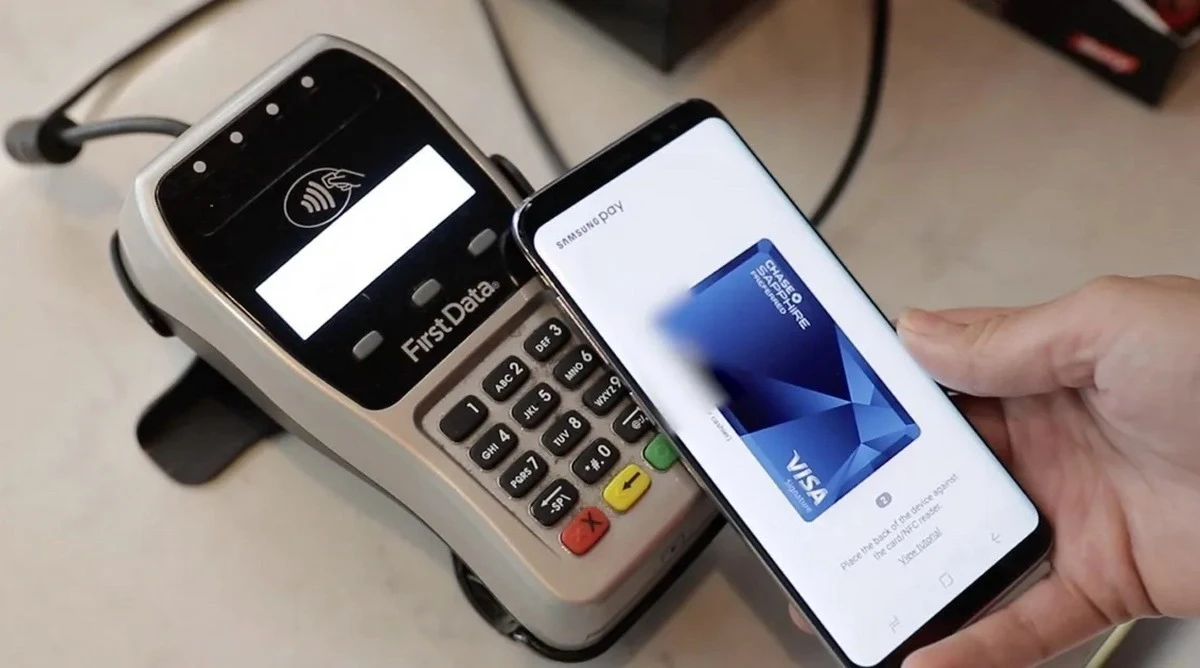
Both Google Pay and Samsung Pay are two digital payment platforms using NFC. One is developed and supported by the Google team and the other belongs to the South Korean Samsung family. Choose between Google Pay or Samsung Pay It implies knowing the differences and proposals that each of the platforms designed to differentiate themselves.
The evolution of NFC technology allows players today to have broad freedoms when using their mobile phone. And when it comes to digital payments using proximity technology, the Google Pay or Samsung Pay platforms compete for the best performance.
How does Google Pay work?
La Google application for secure payments via NFC includes a rewards section to improve the user experience. It is an application that can be used on any Android device and the only requirement is to have a built-in NFC chip.
One of its main advantages is ease of use. If the device includes a fingerprint sensor, the experience is extremely simple and intuitive. The user only has to unlock the device and bring the phone closer to a payment terminal. With this simple movement, the predefined card information will pass to the payment device to complete the operation.
La advantage of google pay over samsung pay is ease of setup. The process is faster and the interface is clearer and faster. Also, there are more banks that support Google Pay and the list keeps updating as time goes by.
Among the special functions that Google Pay developed we find: the possibility of paying for public transport in some cities, adding membership cards and registering tickets for your plane flights.
How to Live Aligned with Negative point, because every app has it, it should be mentioned that it only works in stores with NFC technology. But with the passage of time, more and more businesses include compatible terminals.
Google Pay is an extremely fast app, you almost don't have to interact with buttons and it's enough to bring the unlocked mobile closer. The payment method is even safer than paying with a traditional debit or credit card, since the possibility of theft or loss is reduced.
How Samsung Pay works
Samsung Pay is also a payment app, but it only works on devices from the South Korean family. Comparing Google Pay or Samsung Pay, we find several points in common and some exclusive proposals for the Samsung platform. Older Samsung models have a technology known as MST (Magnetic Secure Transmission). At some point, this is the predecessor of NFC as we know it today. Thanks to this technology, we will be able to make payments with the card's magnetic stripe data even without having NFC terminals. A point in favor that was later lost.
From the S21 model onwards, MST technology fell into oblivion and today Samsung mobiles include the NFC chip. To configure it, the first step is to enter the data of our cards. Once the process is complete, we can make payments from the lock screen or from the start, with a gesture. Samsung's application includes one more security step, differing here from Google Pay.
The application is compatible with Samsung smartwatch smart watches, being able to manage payments from the watch. In terms of operation, Samsung Pay is a little slower in the NFC detection process. Although the app is more secure, it also suffers in this section by detecting compatible terminals with a greater delay.
Which should I choose, Google Pay or Samsung Pay?
When choosing between the two NFC payment applications, each user can choose the version they like best. However, it is important to note that Google Pay does not require a specific make of model. The Samsung payment application, on the other hand, is only compatible with the firm's devices.
The Google Pay proposal has greater support in the main banks and financial entities. This is mainly because Google is associated with computer security and online services. Samsung is also a company with great recognition worldwide, but the exclusivity of NFC payment in its devices and the diversification mean that fewer people choose it in the first instance.
Samsung Pay is not a bad app. On the contrary, it takes full advantage of the possibilities of Samsung devices to guarantee secure payments through NFC terminals. However, Google offers the same thing and also has a better reputation when it comes to digital services.
Conclusion
IF you have an Android phone and want a easy app to make payments via NFC, Google Pay is the best option. Samsung Pay is also good, but it is essential to have a device from the Korean firm for it to work well.
The compatibility of Google Pay with a greater number of banking entities is another positive point that many users consider when starting to use NFC technology. Banks have decided to fully trust Google's technological capacity, and make available their NFC-compatible terminals and devices so that payments for different financial services can be made.
If you're starting to think about make automated payments using NFCBoth Google Pay or Samsung Pay are interesting options. However, by extension and ease of configuration, as well as speed, the Google platform wins among users. If you have a Samsung Galaxy, Samsung Pay is most likely already installed on your device. You can try it and make your payments on that platform, but you can also try downloading Google Pay. The Google app is compatible with any NFC-enabled device, regardless of manufacturer's brand.
At the end of the day, the best option to pay using NFC will be detected by the user himself. Since the experience in each terminal and place depends exclusively on the user and the place and moment in which he tries to connect through NFC with a specific place or service.
